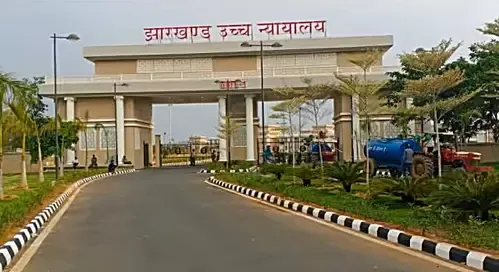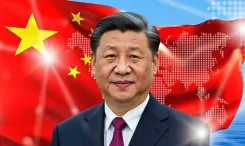Why is the Jharkhand HC Confronting the Government Over Delayed Municipal Elections?

Synopsis
Key Takeaways
- Jharkhand High Court criticizes state government for municipal election delays.
- Chief Secretary summoned for explanation.
- Contempt petition highlights disregard for rule of law.
- Local governance without elected representatives for over two years.
- Government's OBC reservation process remains incomplete.
Ranchi, July 18 (NationPress) The Jharkhand High Court has strongly criticized the state government for its failure to hold municipal elections, despite a clear directive issued last year. The court summoned the Chief Secretary to appear at the next session, expressing significant discontent with the government's inaction.
During the proceedings of a contempt petition filed by Roshni Khalkho, an outgoing councillor from the Ranchi Municipal Corporation, the court remarked on the government's blatant disregard for the rule of law, suggesting a breakdown of the constitutional machinery within the state.
On January 4, 2024, a bench led by Justice Ananda Sen instructed the state government to complete elections for all municipal bodies within three weeks. However, this order has yet to be executed, leading to the contempt petition being filed.
Petitioner's counsel, Vinod Singh, urged the court to take action against the government for its contemptuous behavior. The court responded with urgency, scheduling the next hearing for the upcoming Friday and mandating the Chief Secretary’s presence for clarification.
The terms for all urban local bodies in Jharkhand lapsed in April 2023, with elections expected immediately thereafter. However, the process was stalled as the government aimed to finalize the OBC reservation percentage prior to the elections.
Nearly a year ago, the government initiated a 'triple test' process, which remains incomplete.
Consequently, the administration of all municipal corporations, municipalities, municipal councils, and nagar panchayats has been entrusted to government-appointed administrators, leaving local governance without elected representatives for over two years.










